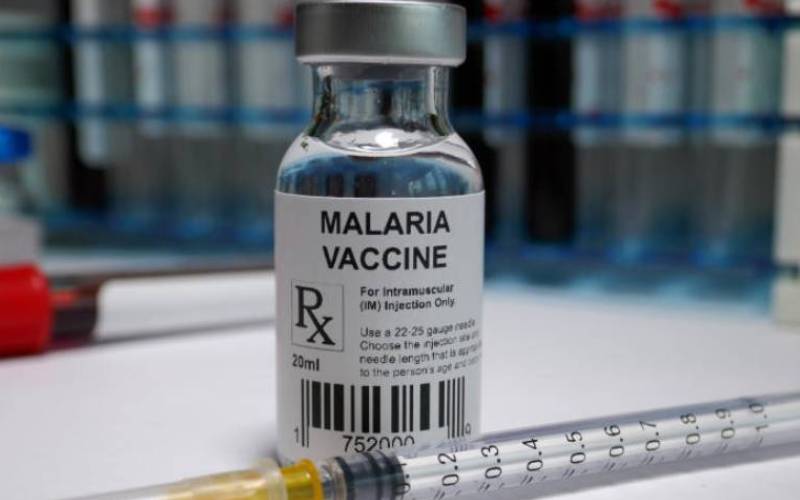×
The Standard e-Paper
Kenya’s Boldest Voice

In Kenya, more than 200,000 children have received at least one of the doses. [Courtesy]
The world is celebrating the endorsement of the Malaria vaccine, which will go down as one of the greatest breakthroughs in medical industry. The vaccine is a product of 30 years of collaborative research.